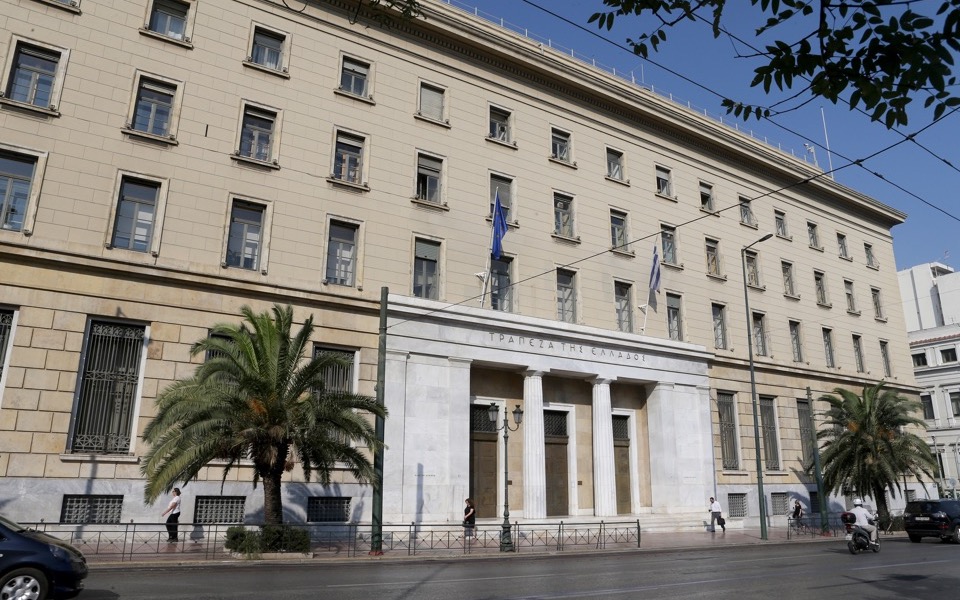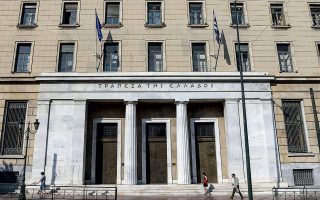BoG sees contraction of 10% this year

The Bank of Greece’s baseline scenario has moved closer toward its adverse one, according to the intermediary monetary policy report its Governor Yannis Stournaras tabled in Parliament on Monday, providing for an economic contraction of 10% this year.
The report contains three scenarios regarding the course of the economy from 2020 to 2022, as well as a warning for the restoration of the fiscal balance once the health crisis is over, so as not to undermine the sustainability of the public debt.
The BoG also highlights the expected inflow of resources from the Next Generation EU fund as a source of optimism, as they are expected to bolster gross domestic product by 2.3% a year on average in the period from 2021 to 2026. The report’s analysis further estimates that investment will grow 19.5% and employment will recover by 2.5% annually till 2026.
Stournaras argues in his report that Next Generation EU should evolve into a permanent fiscal instrument of macroeconomic stabilization with the issue of secure bonds.
Given the second wave of the pandemic, the central bank has revised its GDP estimates closer to its previous adverse scenario, highlighting the strong uncertainty. Therefore, after this year’s expected 10% slump, its baseline scenario provides for a 4.2% rebound in 2021 followed by further growth of 4.8% in 2022. The central bank’s favorable scenario is for a 9% contraction this year, followed by growth of 4.8% in 2021 and 5% in 2022, while the new adverse scenario provides for shrinkage of 11% this year and a recovery of 3.2% in 2021 and 4.5% in 2022.
“The pandemic has significantly aggravated some of the problems Greece faced after its decade-long crisis,” argued the report: “There is a major decline in GDP, deflation, a delay in investment decisions, the reversal of unemployment decline, and the expected creation of a new generation of nonperforming loans that will increase their large stock further.”
The BoG recommends two ways of tackling the recession: with extended support measures for European economies and the use of the Next Generation EU cash.





